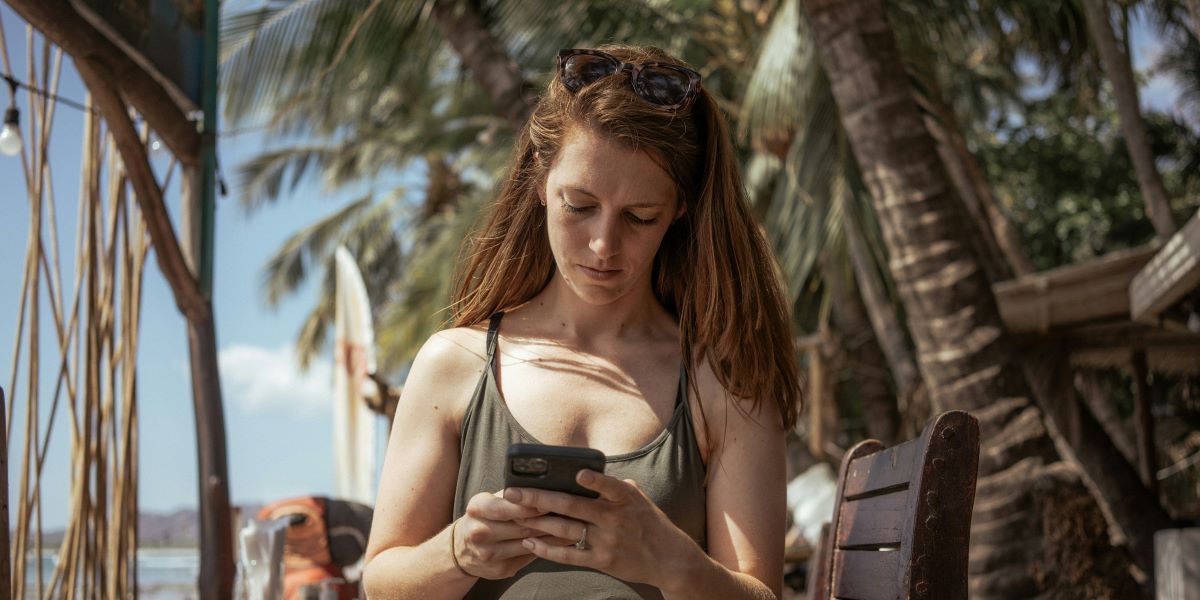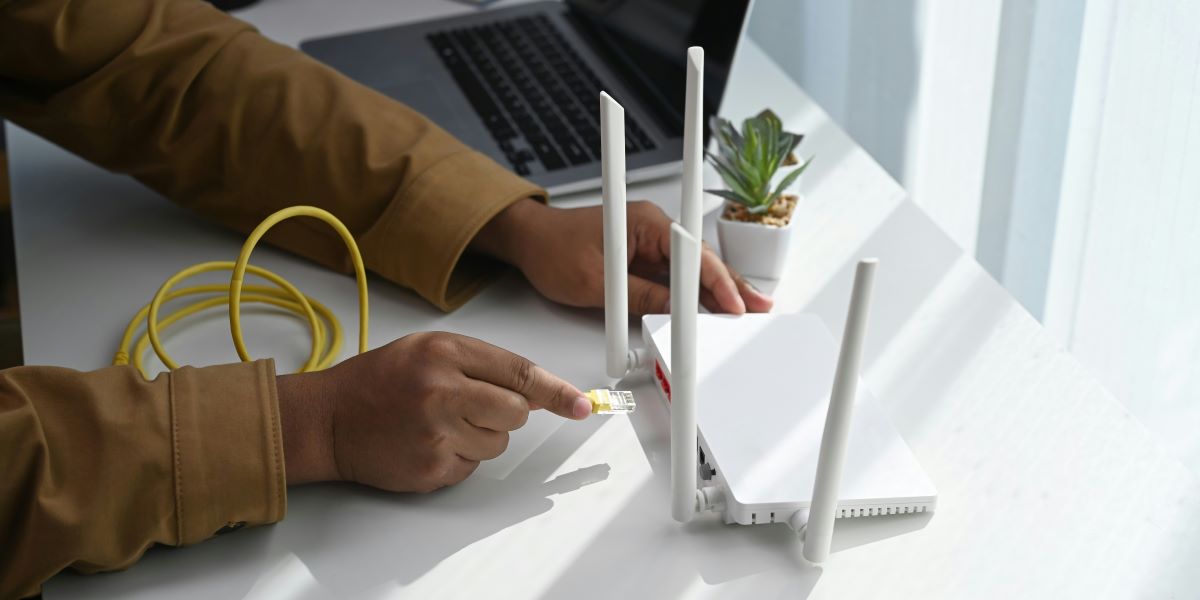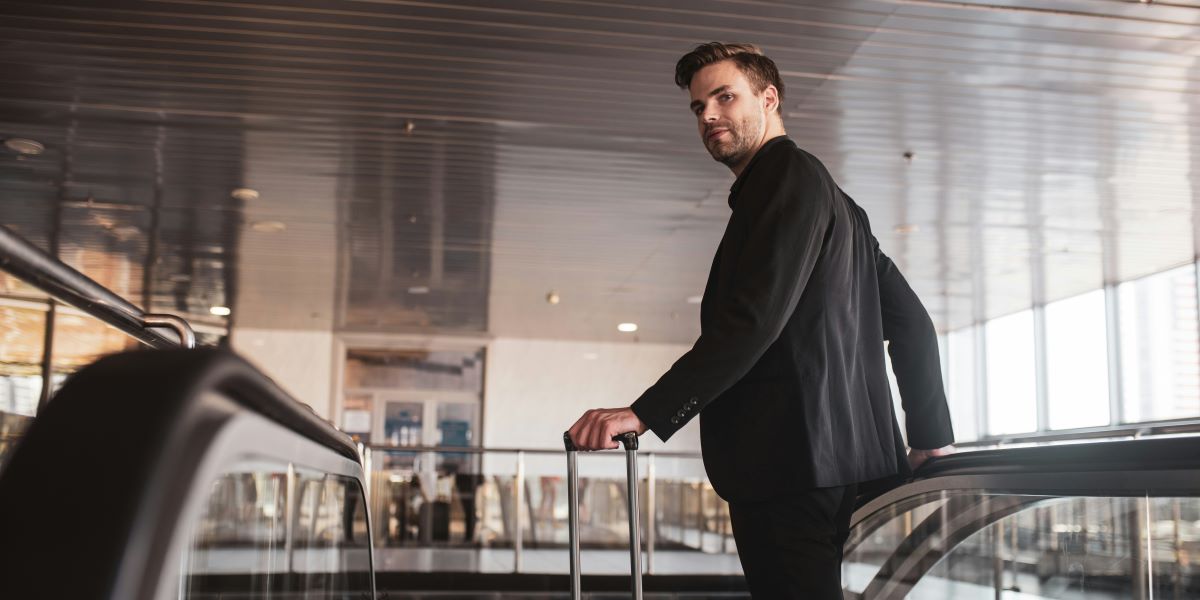Mohamed Ahmed J. Al Thani is a published author and the former Minister for Economy and Trade for the State of Qatar. The grandson of the founder of Qatar, Mohamed was born and raised in Qatar before he sought his college education at Central Michigan University in Mount Pleasant, Michigan. He worked in the oil and gas industry in Qatar from 1985 until 2002, then became the Minister of Economy and Trade, a position he held until 2006. After his time as Minister, he moved on to more personal pursuits, furthering his education and becoming an author, among other things. He attended the Center for Islamic Studies at Oxford University for a year, then researched the political economy of the Arabian Gulf region for his first book, The Arab Spring and the Gulf States: Time to Embrace Change, which was published in 2012. In 2008, he joined the Global MBA program at Duke University, and earned his MBA in 2010. During this time, he researched and began writing his second book, this time about his grandfather, the founder of Qatar. Jassim—The Leader: Founder of Qatar was also published in 2012. He is currently working on translating his second book to Arabic, and he always has his eyes open for new investments and business opportunities in the constantly evolving modern economic landscape.
What do you love most about the industry you are in?
I think that what I have enjoyed in my career mostly is the work that I have done, and being a part of something new: The first spark of the Qatar Liquefied Natural Gas (LNG) industry. Qatar in the ’80s started to decline in its oil production. In 1987, the oil situation collapsed completely and prices came down from $36 per barrel to $6.75 per barrel. With that, we also had another challenge, which was the decline of our oil fields. Oil fields need to be enhanced with further investments that facilitate injecting gas or water into the wells to produce more oil, but these investments were lacking and crude oil production dropped by more than 50% from the peak of 700,000 barrels per day in 1982. So, it was really a big challenge for a country that depended on oil for 95% of its revenues to survive.
I was lucky to join the oil and gas industry in 1985. The government decided to develop the biggest single gas field in Qatar, called the North Field. They decided to liquify the gas and sell it to Japan and Korea, as there was little demand in Europe at the time. In 1989, we were able to break through with a company in Japan, and I became the lead negotiator and coordinator for that project.
What I enjoyed most was how much I was able to learn in that time, from 1989 to 1992, when we signed the final 25-year agreement with Japan. There were trips to Japan, and the Japanese representatives took trips to Qatar. I was surrounded by many experienced people. It was the most enjoyable time of my life. My greatest pleasures are in learning new things, and in that respect, it was a wonderful time for me. Things that might normally take 20 years to learn, I learned in 4 or 5 years.
What does a typical day consist of for you?
That’s actually a good question. On a typical day, I don’t start early. Back home, people typically start early because of the heat, at 8 o’clock in the morning or even earlier. I start at 9 am. I manage my small businesses, and address inquiries about interviews or questions that people pose to me. If I have the free time in the office, I work on writing and translating my books. I have been very busy in the last year translating my second book, Jassim—The Leader, to Arabic. After work, my favorite pastime is to play tennis. I play three times per week. After that, I go to the gym to de-stress. That’s my typical day. I don’t do much socializing lately, due to COVID. But I’ll have at least a few conference calls every day, and connect with friends through Zoom.
What keeps you motivated?
That’s another good question. What keeps me motivated are the challenges that I encounter. I have new ideas popping into my mind every day. But as I get older, I’m getting tired more easily, and I don’t know how I will manage to execute all of these ideas. So, as a consequence of that, I’m trying to temper this wealth of motivation. It’s difficult, though. There are so many opportunities that I see—not for money, but for challenging my mind and learning new things. What keeps me motivated is to see how the world has progressed so fast, and how the younger generations are now the innovators. So, I’m always trying to keep up with these people.
In my case, my motivation is really success. I always want to succeed. I always want to challenge myself to do something unusual. For example, before and during COVID, I’ve started a new concept for a beach slipper that we are now working on in Qatar. I have begun the manufacturing process, and I’ve also started to produce other new products, such as special paints, as well as household kitchen items. I hope to take the market in Qatar, with ‘Made in Qatar’ items.
People ask me why I’m doing these things. Many of them say I should be retired by now. But honestly, I’m not sure what I would do if I retired and just laid back. Frankly, I’m worried about retiring. I’m worried about what I’ll do with myself every day. To be honest, I think I’ll only retire when I don’t feel this internal motivation to learn, progress, and create anymore. I really enjoy my work. I’ve found myself in a position where I’m in control of what I do. I’ve worked for others before—my government, and the national oil and gas industry—and that was something essential for me to learn. But at some point, you need to look after yourself and your own interests. So, what motivates me is the challenge, to find out whether I succeed or I fade. I hope I don’t fade.
Where do you get your inspiration from?
My inspiration comes from my background. My father didn’t want me to go to the US. He wanted me to stay in Qatar, and study in Qatar, and so forth. But I followed my own path and I left the country to study in the US. That’s just another example of how I always want to be on top of things, and know what’s going on, and always be at the right event at the right time, when it’s important to the world.
Who has been a role model to you and why?
My father and my grandfather. My father used to tell me about my grandfather all the time. When I researched his history for myself and found out what he had done, it showed me just how many risks he took to support his decisions and to keep things intact, and to not wane or give up. To form a country from nothing was no easy task. There were two empires surrounding him at the time, and he made the crucial decision to take the local tribes under his wing. He faced challenges from the Turkish Empire and the British Empire, both of whom were much stronger than he and his allies were. But he managed to play those two empires against each other until he could announce the new state of Qatar in 1900. I’m inspired by his stories and his bravery, and his insistence on staying on his own track. He could have made other choices that would not have resulted in a new country being founded, but he stayed on his course and stuck with his decisions and his ideals.
How do you maintain a solid work life balance?
This is something I work hard on. I split my time into four segments. The first is my family, the second is my work, the third is my friends, and the fourth is my beliefs and my link to God. No one segment takes priority—I try to balance them together as best I can, as they all inspire me. Each segment has a different but equally positive effect on me. So, I try not to isolate myself from friends and family just to stay at work all the time. I try to balance everything out. Even when I do concentrate on my writing and researching, I try to keep it within the work slice of that balance.
What traits do you possess that makes a successful leader?
That’s a difficult one. I’d have to ask my friends for an outsider perspective to properly answer that question. I fear I’m too close to myself to answer with any objectivity. But I do think that I’m focused, and I know when something is achievable and when it’s not. When I see a challenge, I try to understand it, and break it into pieces to see if I can pursue it. And when I decide to pursue a challenge, I pursue it to the end. That’s something I have proven many times.
I also try to work with people who are better than me and learn from them. I trust them so they can help me pursue my vision and my goals. I have tried this with many people, and it’s difficult to find the right ones. But when I do find them, even if it’s just one or two people, I feel much more reassured that my vision will be achieved.
What is one piece of advice that you have never forgotten?
I once received some advice along these lines: “Always prioritize the course of action that you think is right. Take the views of others into account, especially if those views come from people you respect, but ultimately, you must listen to yourself.” I believe that advice has served me well over the years.
Where do you see you and your company in 5 years?
That’s an interesting question. As we speak, I’m on holiday, and I’m drawing up a map for my retirement. It’s a five-year plan to stop 90% or more of my work. If all goes well and I don’t run into any surprises, I would like to manage my companies and projects from my iPhone or my iPad, just whenever I have the time to look at things. I enjoy looking at work sometimes, and seeing where I am with things, but I don’t want to sit on top of people and run the day-to-day operations of my business. I want more time with my family, and I want to be free to write the books I want to write. My goal is to write two books in the next five years, which I haven’t started on yet. I want to travel the world and write about what I see.









